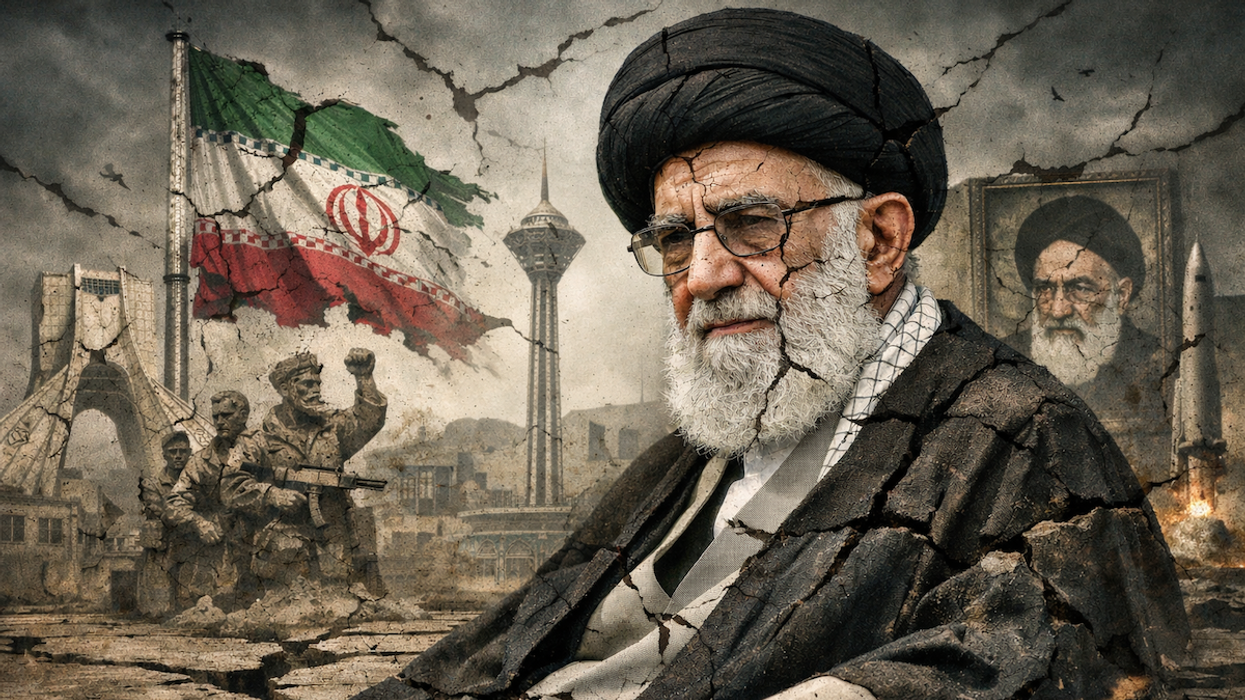A widening rift between US President Joe Biden and Israeli Prime Minister Benjamin Netanyahu over the war in Gaza and the future of the Israeli-Palestinian conflict has now spilled into public view.
For starters, the two leaders differ on the timeline, endgame, and conduct of Israel’s military campaign.
On the timeline and endgame of the war, Israel’s war cabinet continues to assert that the Gaza ground operation could drag on not for weeks – as it had initially promised the US – but for months, or however long it takes to ensure the complete destruction of Hamas. Biden’s team is pushing for a prompt transition to a lower intensity, more targeted phase of fighting with less maximalist goals. While Israeli Defense Minister Yoav Gallant signaled yesterday that Israel is prepared to eventually make that transition, he has given no indication of when that will happen – or to what extent Israel’s government will scale down its ambitions.
On the conduct of the war, Israeli officials had privately assured the Biden administration that they had learned from their mistakes in the first weeks of the war – especially the bombing campaign in northern Gaza – and would be more restrained and deliberate in later fighting. But that is not what the Americans have seen since then, as the Palestinian death toll in Gaza has continued to mount. It has become especially hard to argue that there’s been any shift in targeting or restraint in the aftermath of the Israel Defense Forces’ killing of three Israeli hostages flying a white flag, an episode that has shaken the Israeli public’s confidence in its military.
But the divide between Biden and Netanyahu runs deeper.
At the heart of it lies a fundamental disagreement about the role the Palestinian Authority should play in Gaza’s future security and governance and, implicitly, the viability of an eventual two-state solution (however remote). Biden wants the PA to take Hamas’ place once the war is over, while Netanyahu staunchly opposes any PA involvement (even as he refuses to say who else he would prefer to fill the void) – effectively ruling out Palestinian self-rule, let alone a Palestinian state.
Make no mistake: On this, Biden is right and Netanyahu is wrong. And Netanyahu is wrong not because he doesn’t understand the implications of what he’s proposing – the perpetual subjugation of Palestinians, Israel’s international isolation, the constant internal and external security threat not just to Israelis but to Jews worldwide – but because he does.
While there’s no doubt that Israel faces serious risks from Iran, Hamas, Hezbollah, the Houthis, and Tehran-backed militias in Iraq and Syria, none represents an existential danger. Israel can fend them off thanks to its qualitative military edge over its regional rivals – developed with American support – as well as its nuclear deterrent and growing ties with regional partners. Indeed, for all Netanyahu’s doomsaying about existential wipeout, he has also spent the past couple of decades touting Israel as a safe bet for long-term investment. Both contentions cannot simultaneously be true, and Netanyahu knows it. He just has an overriding political and – given his corruption trials – personal interest in pretending otherwise.
American interests, however, lie in supporting Israel’s long-term security and promoting regional and global stability – not in bolstering the political or personal agenda of Israel's leader. Which means that Biden has an obligation to step up and do something no US president has ever done: leverage America’s support for Israel to put pressure on Netanyahu to change course – or, failing that, persuade Israelis to dump Netanyahu and do it themselves.
Some may say that that would be meddling in another country’s affairs, and they’d be correct. But Netanyahu himself has set the precedent for actively campaigning against an ally’s policy that he opposed. If you’ll remember, in 2015 Netanyahu traveled to Washington to publicly torpedo President Barack Obama’s signature Iran nuclear deal before a joint session of Congress. Biden was vice president back then, and he saw firsthand how Netanyahu did everything in his power to undermine the American president’s policy instead of trying to engage with him quietly and in good faith, as an ally should.
Now, Biden should repay the favor and publicly pressure Netanyahu to back down from a strategy that is sure to be counterproductive both for Israel and the United States. That means that Biden must engage far more assertively on the Israeli domestic stage. He should meet with families of hostages, give interviews to Israeli media, and address the Knesset. And he must underscore his and America’s sincere friendship with the Israeli people and nation while pointedly conveying that this sterling partnership does not extend to Netanyahu – especially not when his policies severely damage Israel’s long-term security.
At the end of the day, what the world needs right now is bold US leadership that can end the current bloodshed, bring stability to the region, and salvage any hopes for an (admittedly distant) Israeli-Palestinian peace built on mutual rights and security. That can only be done if Biden is willing to confront Netanyahu more forcefully in the weeks and months ahead. For the sake of Americans. For the sake of Palestinians. And for the sake of Israelis.



















